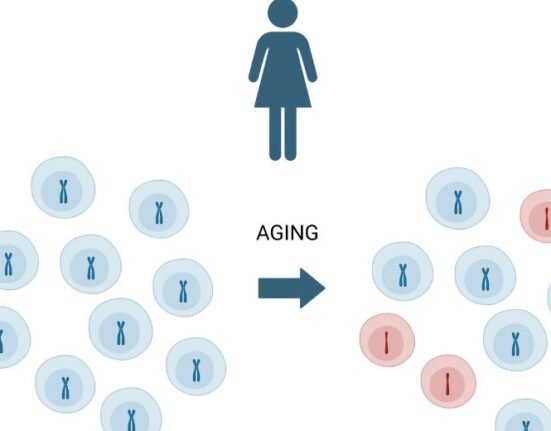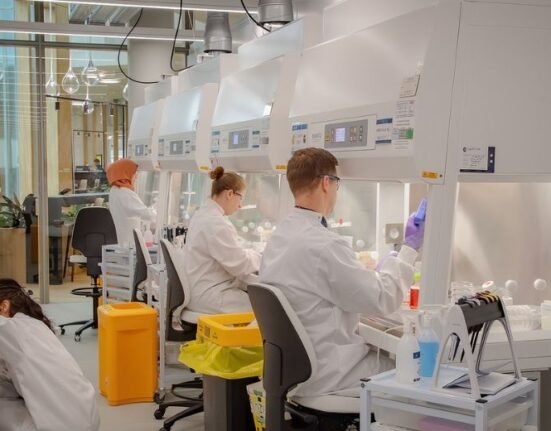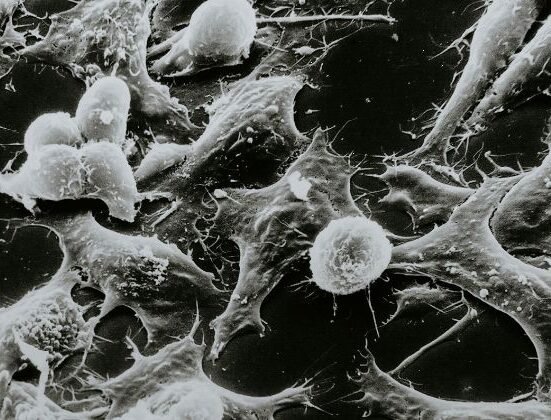HQ Team
June 16, 2023: Cancer has been striking young people more in recent times. A recent study in Nature dubs it the early-onset cancer epidemic, where it says that cancers among younger people have seen a marked increase since the 1990s.
In the U.S., early-onset cases rose by almost 18 per cent between 2000 and 2019 among Americans aged between 15 and 39, even as cancer declined slightly in older adults, according to data from the National Cancer Institute (NCI).
The incidence of breast cancer in Americans aged 15-39 rose more than 17 per cent over the 19-year period. Myeloma rates spiked by over 30 per cent. Colorectal cancer by nearly 45 per cent.
Another study based on data from the National Program of Cancer Registries , covering around 65% of the US population, suggests that the incidence of pancreatic cancer among individuals younger than 55 years is increasing more rapidly and more quickly in women than in men.
Cancer causes
The most obvious reason for more cases of cancers is “probably partially attributable to increasing uptake of screening and early detection” in certain cancer types, especially thyroid cancer and prostate cancer, according to the study authors of the research published in Nature.
However, screenings alone are not responsible for the spike in numbers detected. Researchers say that environmental and lifestyle changes have exposed people to risk factors since the mid-20th century.
Obesity plays a huge factor in the early onset of cancer. Obesity, now considered a disease, has risen steadily since the 1960s and has become more common in childhood and adolescence. Weight gain has been tied to breast cancer and uterine cancer, as well as colorectal cancer and several others impacting the gastrointestinal tract.
Obesity is a “big contributor” to the spike in early-onset cases, says Tomotaka Ugai, from the Harvard Medical School and Brigham and Women’s Hospital and the lead author of the Nature study.
Other related risk factors include:
- Westernized diets.
- Sugar-sweetened beverages.
- Red and processed meat.
- Sedentary lifestyles.
- A decline in physical activity.
- Metabolic conditions like type 2 diabetes.
Even the increased use of diagnostic imaging, such as CT scans and X-rays, which expose patients to low levels of carcinogenic radiation, could be contributing factors for blood and bone marrow cancers, believe the authors. The use of cannabis leads to testicular cancer in some.
Changes in body type, such as a taller generation and changes in our gut biome, can also increase the risks of getting cancer.
Missed diagnosis
Moreover, cancers among young people are missed or diagnosed quite late as this age group does not visit doctors often, and even doctors do not consider cancer as an option in the early stages of disease diagnosis. A positive is that the survival rate amongst this age group is 84 per cent beyond the 5-year mark.
But young survivors also face a heightened threat of developing a second cancer. They also tend to develop cardiovascular diseases, metabolic disorders, endocrine conditions, pulmonary diseases, liver disease, renal failure and musculoskeletal conditions. One cannot discount the anxiety and mental stress.
The younger age group is becoming increasingly vulnerable to this disease. There is a paucity of clinical research into the reasons, therapies and cures for this particular age group. More research is needed to understand what’s behind the rising rates, including long-term prospective cohort studies that follow participants over extended periods of time.








